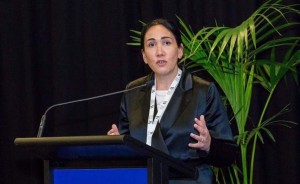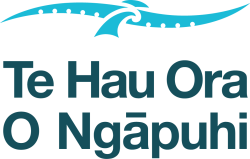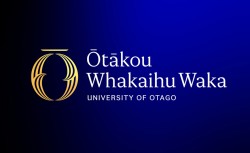This research seeks to better understand how housing conditions affect infectious disease outcomes across Te Tai Tokerau. By analysing anonymised health data from 2020–2025, the study will identify which communities experience the greatest burden of respiratory, skin, and gastrointestinal infections, and how these patterns compare nationally.
Guided by kaupapa Māori principles and aligned with Te Niwha’s mission to prevent infectious diseases and advance equity, the project places Māori governance and data sovereignty at its centre. Through a Te Tiriti o Waitangi partnership approach, it supports collective action between housing, health, and social sectors to inform policy, direct investment, and improve wellbeing for whānau across Te Tai Tokerau.
 |
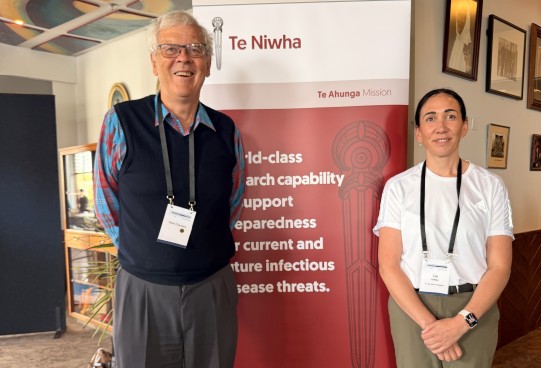 |
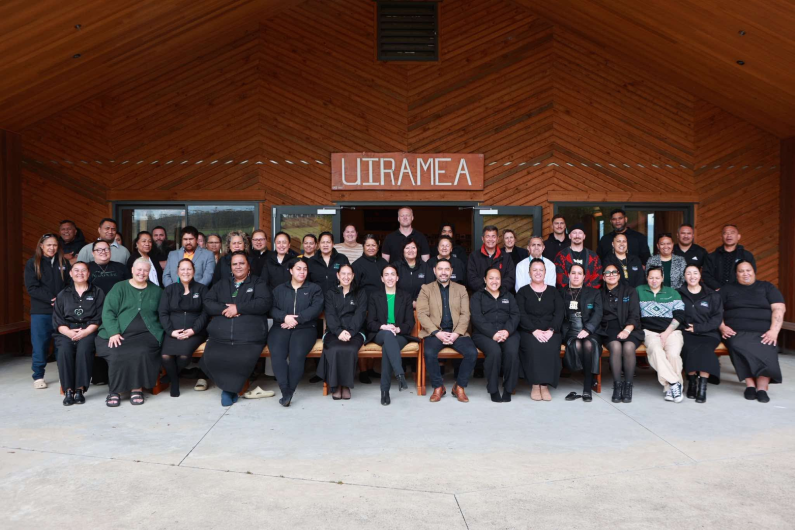 |
|
PROJECT DURATION 2025 - 2026



